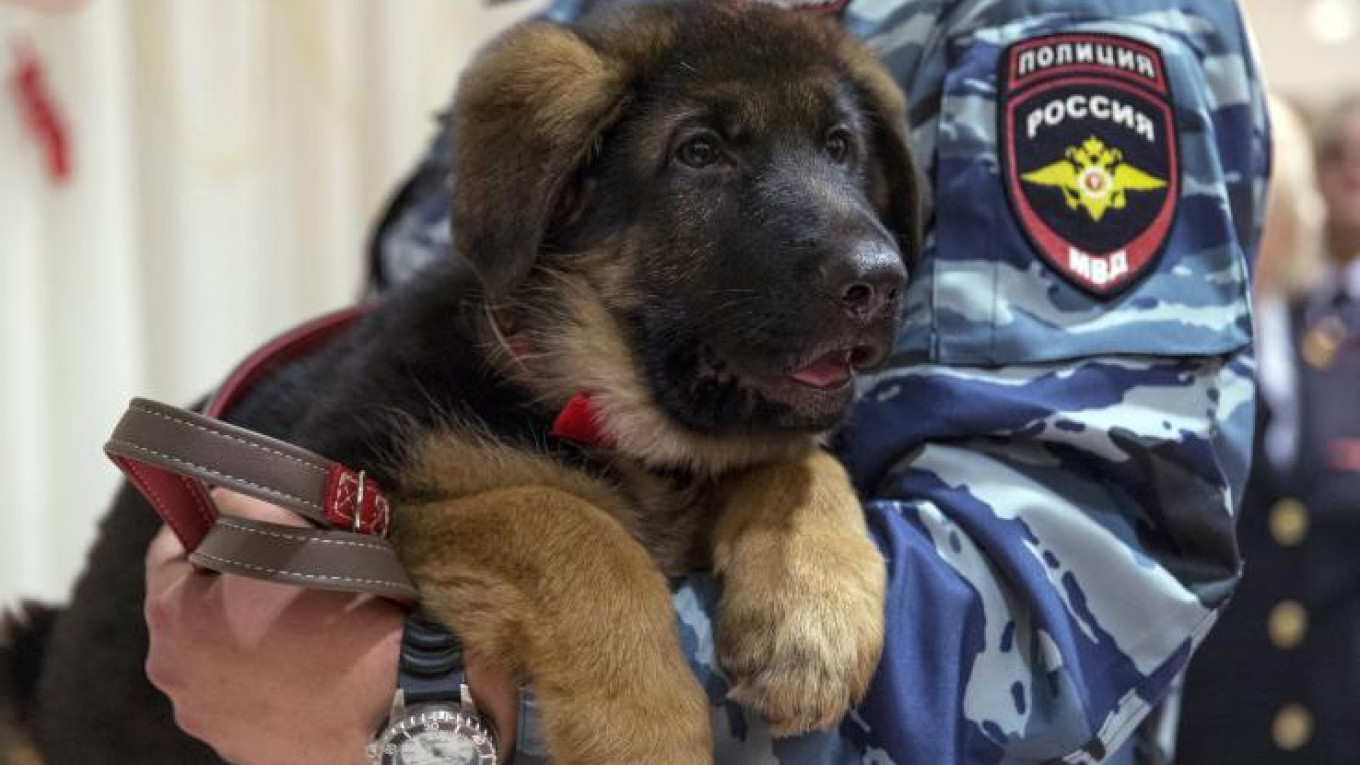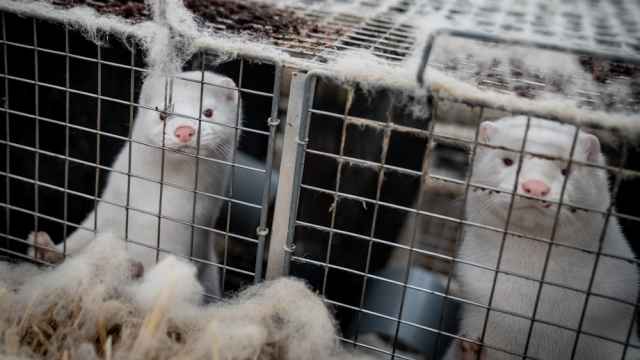A court in the Russian city of Khabarovsk has approved the arrest of two teenage girls accused of torturing pet dogs.
The two 17-year-olds stand accused of posting videos which show them injuring and killing the animals online, the RIA Novosti news website reported.
The girls hunted down animals needing new homes using social media, promising their former owners that the pets would be well-looked after, Russian tabloid Life news reported in October 2016.
They then took the animals to abandoned building to torture and kill them, flaunting photos and videos of the acts online.
An 18 year old man has also been arrested in connection to the case, RIA Novosti reported
The girls are to be held until early January. One defendant has been placed under house arrest, while the second has been barred from leaving Khabarovsk.

After the incident, animal protection groups launched a campaign urging officials to charge the young women. They organized demonstrations in 79 Russian cities from Vyborg to Sakhalin, gathered signatures on petitions, spoke at nationwide and local talk shows, and launched a massive social media campaign with dogs holding up signs against the torture of animals. The two suspects are now facing several additional charges, including use of force against a person, inciting hatred, and offending the feelings of believers based on the images published on their social media accounts.
Daria Vasilyeva, an animal protection activist who took part in the demonstrations, said that she was pleased that the suspects were charged and are likely to be found guilty, but that it was regrettable that the prosecutors had to add other charges like offending the feelings of religious believers. “Article 245 has to be made tougher so that anyone convicted of cruelty to animals receives the harshest punishment possible.”
Currently the law stipulates fines and community service, with the longest sentence of six months incarceration for most crimes and up to two years for organized, premeditated acts.
“We have to change the legal status of animals,” Vasilyeva said. “Now they are considered ‘things.’ They must have the legal status of living beings.”
A Message from The Moscow Times:
Dear readers,
We are facing unprecedented challenges. Russia's Prosecutor General's Office has designated The Moscow Times as an "undesirable" organization, criminalizing our work and putting our staff at risk of prosecution. This follows our earlier unjust labeling as a "foreign agent."
These actions are direct attempts to silence independent journalism in Russia. The authorities claim our work "discredits the decisions of the Russian leadership." We see things differently: we strive to provide accurate, unbiased reporting on Russia.
We, the journalists of The Moscow Times, refuse to be silenced. But to continue our work, we need your help.
Your support, no matter how small, makes a world of difference. If you can, please support us monthly starting from just $2. It's quick to set up, and every contribution makes a significant impact.
By supporting The Moscow Times, you're defending open, independent journalism in the face of repression. Thank you for standing with us.
Remind me later.






